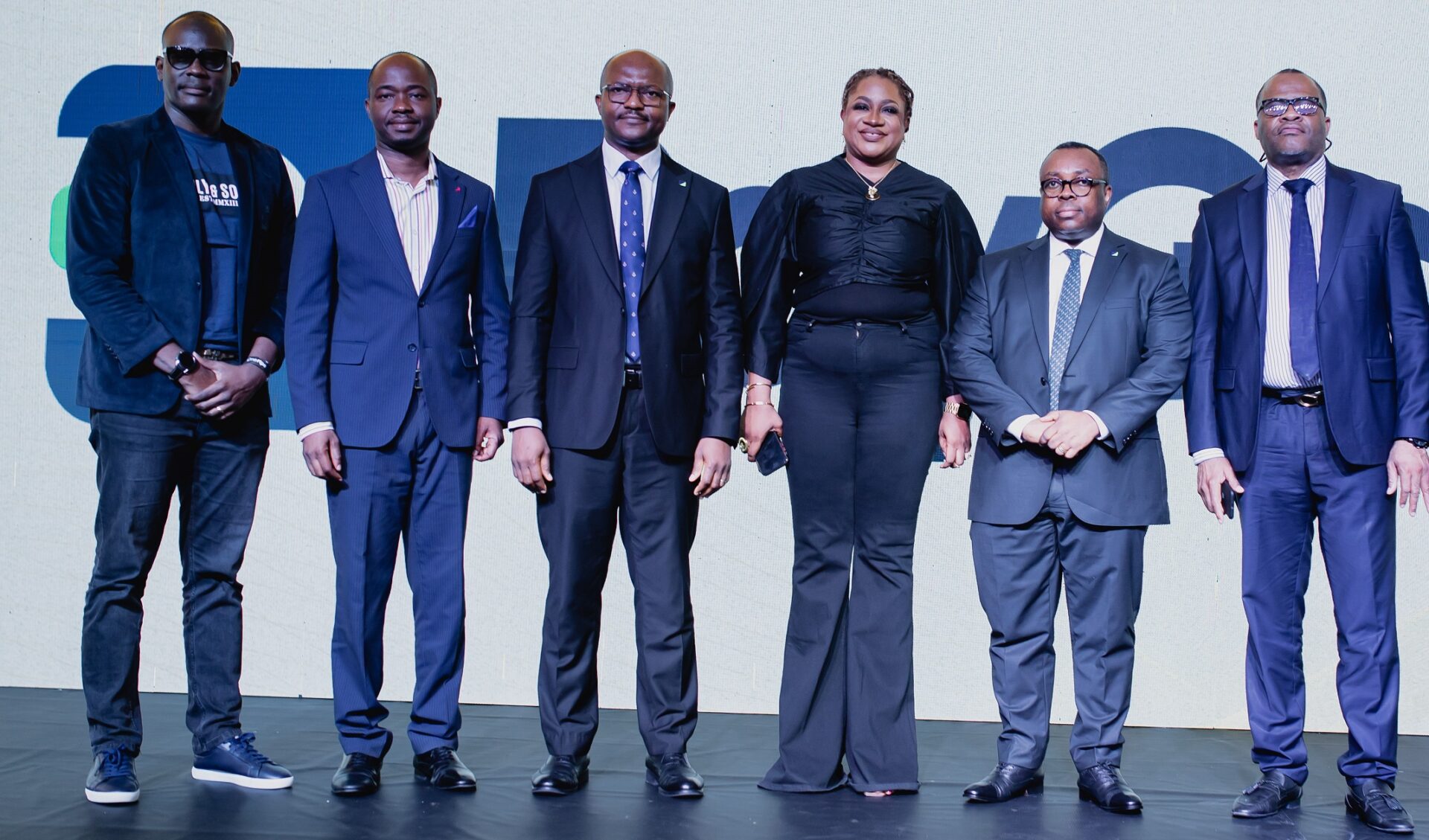Leading Nigerian bank, Fidelity Bank Plc, has been commended for simplifying digital payments and the customer journey following the recent launch of PayGatePlus, a one-stop solution for payments that caters essentially for all business categories within the financial ecosystem.
Powered by OnePipe, PayGatePlus is a next-generation embedded finance platform which enables organisations in any sector to seamlessly integrate financial services into their existing offerings. The platform offers services such as web payments, virtual accounts, funds transfer, direct debit, online collections via NIBSS Instant Payment (NIP), BVN validation, and Buy Now, Pay Later.
At the platform’s official unveiling held at Eko Hotel and Suites in Lagos recently, the bank was praised for leading the charge in embedded finance with several guests emphasising that it was rapidly becoming the standard for delivering unified, enhanced user experiences.
While congratulating the bank on improving payment service delivery, Degbola Abudu, Founder and CEO of Capricorn Digital Limited, noted that the platform’s launch would result in a diversification of new digital financial products across different platforms in the coming years.
“I think PayGatePlus will be of immense value to the industry as it will enable different types of payments. Whether it’s the virtual account that can be created seamlessly or payments that will enable the distribution of loans across different channels, we see this platform as really enabling the bank to push many digital products through different digital channels including one like ours”, stated Abudu.
“If you call traditional banking 1.0, remote banking 2.0, then PayGatePlus is 3.0. I think, the biggest value apart from the distribution which we have talked about is the ability for you using embedded finance to remove frictions for your customers”, disclosed Akeem Lawal, Group Chief Executive Officer, Interswitch Group.
Founder/CEO of OnePipe, Ope Adeoye stated that the platform’s launch demonstrated that the payment industry was making significant progress. “Our view is that the market will recognise the importance of concepts like this. Fidelity Bank will blaze the trail and there’s a high probability that other competitors will come into the space down the line.”
In assessing OnePipe’s relationship with Fidelity Bank, Adeoye disclosed, “When we started working on the idea for embedded finance for non-finance companies with Fidelity Bank serving as infrastructure at the base, there was quite an effort spent on trying to understand each other. We enjoyed working with Fidelity Bank because the process was collaborative and smooth.
On his part, Executive Director, Inlaks, Tope Dare lauded the bank for blazing the trail in open banking and embedded finance which further reinforces its commitment to delivering unrivalled customer service. “We hope to see more players in the financial services industry collaborate to ensure we grow a bigger economy that would be beneficial to everyone in the ecosystem”, he said.
In a similar vein, Executive Director/Co-Founder of AppZone, Emeka Emetarom applauded the bank for collaborating with the Financial Technology (FinTechs) industry rather than competing with them. “We are hoping that all the other banks will take a cue from Fidelity Bank and ensure the adoption of embedded finance across the financial services industry”, said Emetarom.
Speaking at the event, Stanley Amuchie, Executive Director/Chief Operations and Information Officer, Fidelity Bank Plc encouraged customers to use the platform as guaranteed that they would return with positive testimonials.
“Everything we do as a financial organisation including the design of our products and services has the customer as our main focus. It is on this basis that we have worked very hard over the last few months, together with our technical partners to innovate a solution that enables businesses across different sectors to easily integrate financial services with their product offerings”, said Amuchie.
Fidelity Bank is a full-fledged commercial bank operating in Nigeria with about six million customers who are serviced across its 250 business offices and digital banking channels. In 2021, the bank was recognised as the “Fastest Growing Bank” and “MSME & Entrepreneurship Financing Bank of the Year” at the 2021 BusinessDay Banks and Other Financial Institutions (BAFI) Awards.


 Forex2 weeks ago
Forex2 weeks ago


 Naira1 week ago
Naira1 week ago
 Naira4 weeks ago
Naira4 weeks ago
 Company News4 weeks ago
Company News4 weeks ago




 Naira2 weeks ago
Naira2 weeks ago
 Billionaire Watch1 week ago
Billionaire Watch1 week ago




 Naira3 weeks ago
Naira3 weeks ago




 Naira1 week ago
Naira1 week ago





















